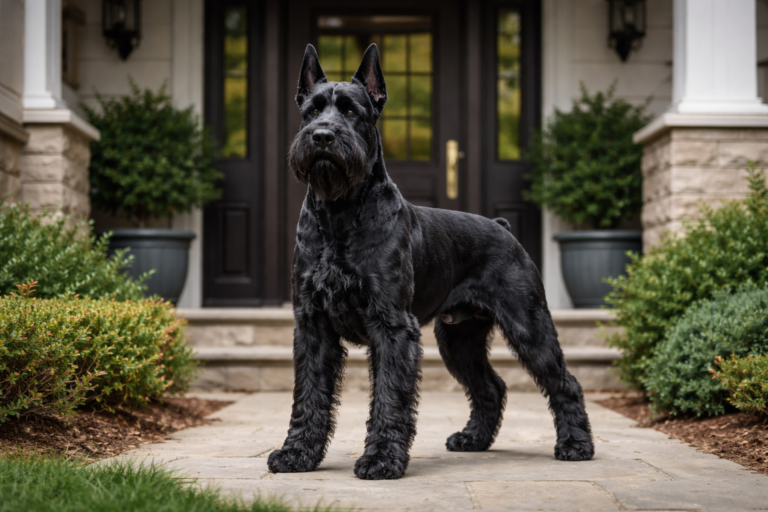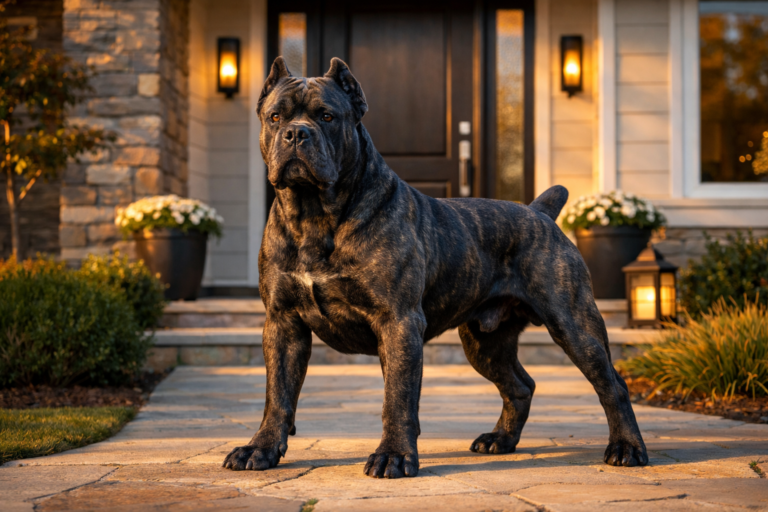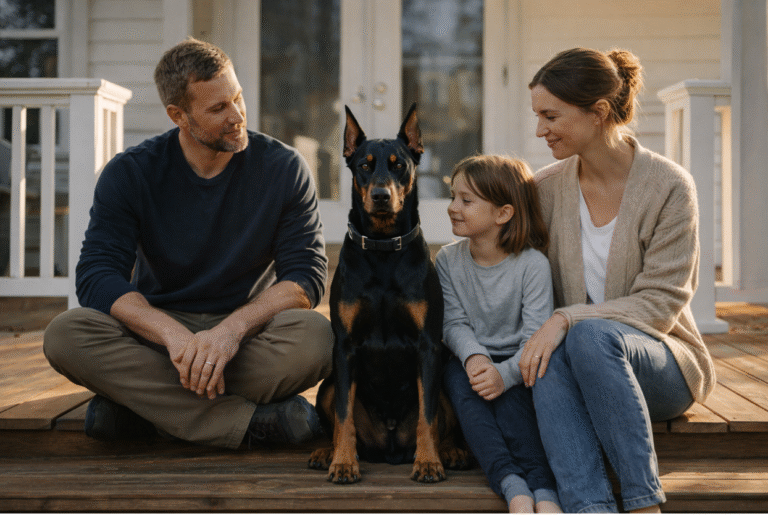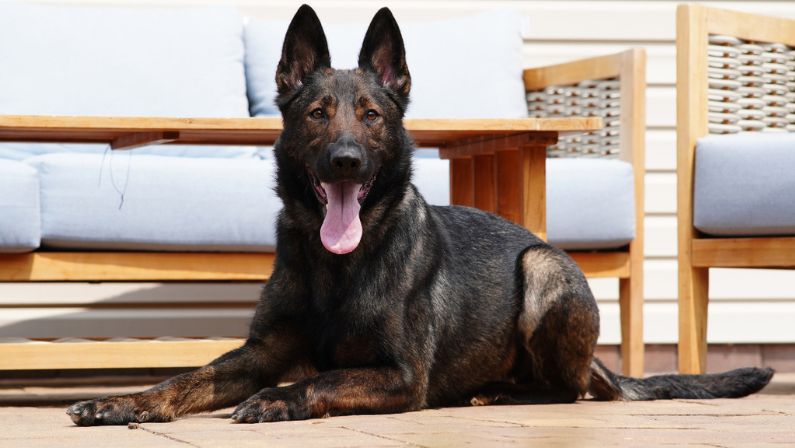
Have you ever wondered whether the gender of your canine companion could potentially impact their protective behavior? Explore whether female dogs are more protective than male dogs and understand the various influences that shape a dog’s instinct to guard and protect.
Understanding Protective Instincts in Dogs
Dogs’ protective instincts are a key part of their behavior, providing security and comfort to their owners. Whether male or female dogs, both exhibit these traits through subtle cues and clear actions that reveal a dog’s readiness to protect. Many factors, such as breed, a dog’s personality, and past experiences, influence these behaviors. Understanding and guiding these instincts in male or female dogs is crucial for maintaining a safe and balanced relationship between dogs and dog owners.
Factors Influencing Protective Behavior in Dogs
Different factors can affect how protective a dog is, and understanding these factors can help dog owners encourage the right balance of protectiveness without leading to overprotectiveness, which can cause problems.
Breed Traits
Certain dog breeds possess innate protective instincts from their history as guardians or herding dogs. These traits, embedded in their DNA and integral to a dog’s personality, make them naturally vigilant and poised to safeguard their home or family against perceived threats.
Training
How a dog is trained can either encourage or discourage protective behaviors. A carefully structured training regimen can teach a dog when and how to exhibit protective actions responsibly, ensuring they are a safe and reliable guardian.
Socialization
Ensuring a younger dog undergoes proper socialization in its early months is crucial for developing a balanced temperament that favors protective instincts over fear-based reactions.
Environment
A dog’s environment shapes their protective behavior; a stable, nurturing home promotes security and lessens unwarranted aggression, whereas an unpredictable setting can increase their defensiveness.
Owner Behavior
A dog owner’s response to threats influences their dog’s protective behavior—calm handling nurtures a composed temperament, while anxious reactions can result in an overly defensive dog.
Past Experiences
Health and Well-being
A dog’s physical and mental health can affect their protective behaviors. Physical pain or psychological stress may trigger inappropriate aggression, while a healthy dog is more likely to assess and respond to actual threats appropriately.
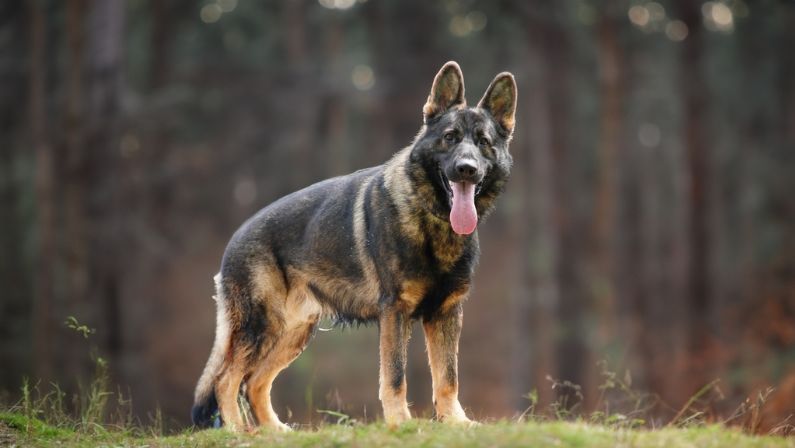
Different Types of Dog Protective Instincts
Territorial Instincts
Dogs instinctively guard their territory and family, a trait inherited from their ancestors for survival. Proper training and socialization are essential to ensure this protectiveness doesn’t turn aggressive.
Protective Instincts Towards their Family or Pack
Dogs instinctively defend their human pack, reflecting their strong bond and innate duty to safeguard the family. Owners must train their dogs to discern when protection is necessary to maintain a harmonious environment.
Self-Defense Instincts
Guarding Instincts
Dogs guard their valued resources through barking or protective stances, especially in breeds bred for guarding. Owners should manage these instincts with consistent training for the dog’s security and safe interaction with others.
Maternal Instincts of Female Dogs
Maternal instincts make female dogs, especially those with puppies, very protective and nurturing. Even outside of actual motherhood, some female dogs may display these nurturing behaviors towards toys or other animals, showcasing the depth of their caregiving nature.
Are Female Dogs More Protective than Male Dogs?
Female dogs may exhibit heightened protective behavior due to their maternal instincts. However, the debate on whether female dogs are inherently more protective than male dogs is complex and cannot be resolved with a simple yes or no.
Generally speaking, there is no scientific consensus that female dogs are easier to train than male dogs. Both male and female dogs are equally capable of being protective and well-trained with proper guidance and methods.
At K9 Mania Protection Dogs, you can put your mind at ease as we are committed to upholding the industry’s most rigorous benchmarks for quality. Trained by highly skilled professionals dedicated to your safety and security, our dogs undergo intensive training and careful selection to guarantee they represent the ultimate security and companionship.

